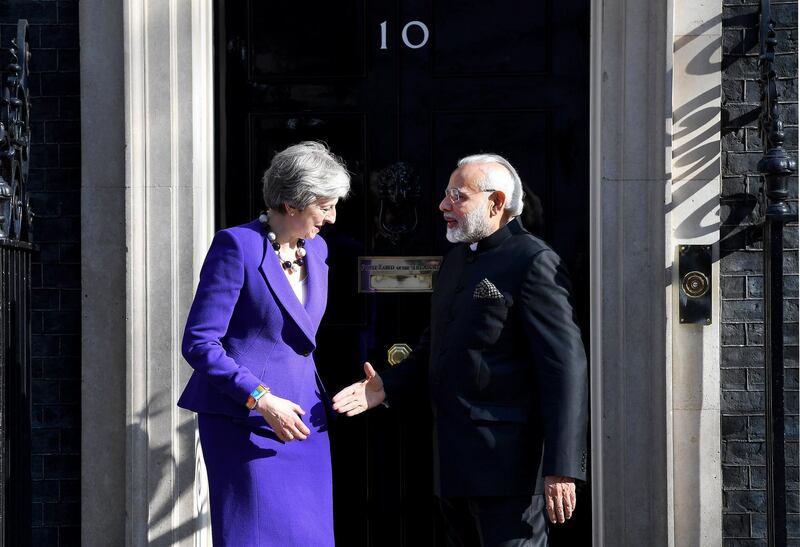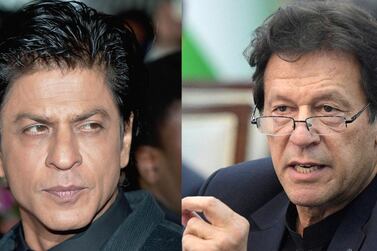Britain has failed to strengthen its relationship with India and is falling behind other countries in the race to engage with one of the world’s fastest growing economies, a new report says.
While senior government ministers such as the Minister of State for Asia and the Pacific, Mark Field, believe the Anglo-India partnership is “now a relationship of equals”, Parliament's foreign affairs committee said it had evidence that India did not share the view.
“The UK has failed to give this relationship the attention it deserves,” the committee said in a report on Monday.
“The foreign secretary told us that the relationship had ‘not got near our full potential’, despite the extent of the shared values.”
India Prime Minister Narendra Modi travelled to more than 20 other countries including Ireland, France, Canada, Japan, Australia and China before visiting the UK, in a sign of Britain's place in India’s priorities.
The UK has fallen behind other countries on securing India’s traditionally strong global trade ties centred on “international students, tourism, technology entrepreneurs and defence industry – all fast-growing sectors”, the committee said.
India is particularly unhappy about the restrictions placed on its nationals visiting and studying in the UK.
In 2012 the UK government cancelled a post-study work visa that had allowed international students to work for two years after graduation, resulting in a drop of more than half the number of Indian students in the UK in five years.
And while student numbers drop, India’s economy has surged. In 2002, India’s GDP languished at $500 billion (Dh1.83 trillion), behind the UK’s $1.6tn.
India managed to close the gap in 2017, matching Britain’s then GDP of $2.6tn. Its economy is expected to overtake the UK’s this year.
The report will be of particular concern for Brexit supporters wishing to leave the EU for more “global” trade with countries outside the bloc, including former Commonwealth nations such as India.
It is likely that India will seek concessions on movement of people between the two countries in any trade deal after Brexit.
Britain’s complex relationship with India goes back hundreds of years since the time of British rule, which ended in 1947 with the partition of the country into three, based on religious lines – India, Pakistan and Bangladesh.
The report highlighted a generational split in the depth of feeling between the two countries. The elder generation in India see the UK as a “natural partner”, while younger people tend to look elsewhere.
One British Indian businessman said ties between the two countries were at their “lowest in 15 years”.
“The government cannot afford to be complacent or rely on historical connections to deliver a modern partnership,” the committee said.
“The UK needs to adjust its strategy to India’s enhanced influence and power. We should do more to respond to India’s priorities and should communicate our own objectives more clearly.”







